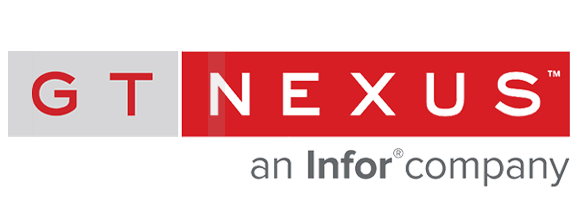Apple Culture of “What Are You Going to Do Next?”

For even the most successful of global businesses, it’s not about “what have you done for me lately.” The question is “what are you going to do for me next?”
The value of Apple stock dropped about 2% after the company announced its latest updates to the iPhone and iPad on September 9.
Meanwhile, analysts are saying Apple will have to sell some 80 million iPhones – or as the Financial Times put it, roughly the population of Germany - just to break even.
For even the most successful of global businesses, it’s not about “what have you done for me lately.” The question is “what are you going to do for me next?”
Whether it’s a tech company like Apple or an automaker like Ford, shareholders’ expectations are always going to be high for whatever’s coming next. Apple has had a great run of meeting those expectations.
Even if its annual incremental iPhone updates don’t immediately impress its investors and biggest fans, the Cupertino, California-based tech giant still tends to sell a lot of hardware.
Since it entered the market in 2007, Apple has sold more than 700 million iPhones.
The product hasn’t gotten old with consumers, and Apple has steadily introduced it to new markets around the globe.
But at a certain point, simply selling the best products and distributing them in geographically diverse markets is not enough. Companies should also look within for opportunities to grow their value.
One of the most obvious (and sometimes overlooked) opportunities for this introspection is in the supply chain.
Through the process of continually improving the connections in a vast network of suppliers, factories, and trading partners, a company can improve its visibility throughout the whole chain, reduce the amount of costly inventory buffering uncertain demand, and ensure that the right products get to the right place for the right time and at the right price.
Apple is one of those companies that tends to get it right. In fact, they’re so good at it that Gartner had to graduate Apple, along with P&G, out of its Supply Chain Top 25 and into a whole new “Masters” category.
Still one has to wonder whether saturation and upgrade fatigue will finally settle in, and perhaps that’s where some of Apple’s shareholder anxiety sets in.
Each new iPhone model has at least one feature that might be considered a calculated bet on where the market is going next.
Apple isn’t always the first to introduce a new technology (i.e. NFC or finger print scanners), but it usually tends to execute it the best.
But if one of those bets should fall short, it’ll be a lot more interesting to see how Apple might react. Will it be forced to alter its product lifecycle and speed up innovation?
Or will Apple be pushed into new product categories altogether?
Either way, it’s a safe guess that those moves will be executed on the supply chain.
Related: Thoughts & Commentary on Infor’s Official $675 million GT Nexus Acquisition

Article Topics
GT Nexus News & Resources
The Current and Future State of Digital Supply Chain Transformation Infor Coleman AI Platform to ‘Rethink Supply Chain’ and Maximize Human Work Potential End-to-End Visibility: Handling the Demands of Retail Mastering Supply Chain Finance ERP Suppliers’ Changing Role New Logistics TMS Platform Sets Sights on SAP Amazon Selects Infor for Global Logistics Business More GT NexusLatest in Supply Chain
Indiana Tests Futuristic Highway that Can Charge EVs While Driving The Impact of Amazon Business Prime on Procurement Efficiency Week in Review: Baltimore Bridge Price Tag, FTC Fines Williams-Sonoma, and More Maersk Opens New 90,000-Square-Foot Airfreight Gateway in Miami GXO and Conair Open Maryland’s Largest Distribution Center Shipping Dispute Heats Up: Peloton vs. Flexport Robots are Enhancing Human Workers, Not Replacing Them More Supply Chain













